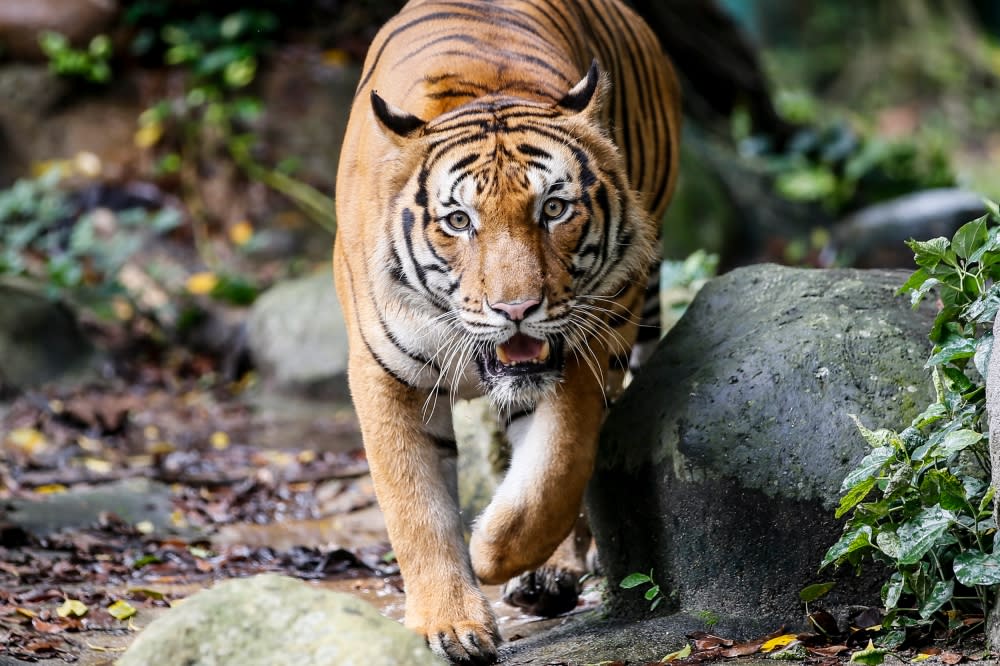Study shows better action by rangers cut tiger poaching in peninsular Malaysia by 40pc

KUALA LUMPUR, Nov 15 — A deep-forest ranger patrol called SPARTA that was formed in 2015 comprising Orang Asli guides and Department of Wildlife and National Parks, has seen a decline in the poaching of the Malayan tiger (Panthera tigris jacksoni) in peninsular Malaysia by as much as 40 per cent, conservation news portal Mongabay reported yesterday.
Citing a five-year research from 2015 to 2019 undertaken by the NGO calling itself Panthera that set up SPARTA, Mongabay reported that the ranger patrol’s success was due to a change in the methods used to identify the poachers.
“What we also realise is there’s very little focus on evaluation of methods.
“We started asking questions like who were the ones that were hunting in the deep forests, who were the ones who were setting snares targeting tigers, who were really good at avoiding detection by rangers,” Lam Wai Yee, Panthera’s Malaysia country manager who helped write the 2015-2019 research report, was quoted as saying.
Mongabay reported that researchers were able to identify and separate the poachers who were foreigners into two main groups.
The researchers found that Cambodian poachers living in Malaysia primarily sought valuable agarwood, which is harvested and sold as incense, and set nylon snares to catch small animals for subsistence.
By contrast, the Vietnamese and Thai poachers set large cable-gauge snares intended for large-bodied animals such as tigers and sun bears to be sold in traditional medicine markets.
Lam told Mongabay that the rangers became more successful at detecting and locating active poaching teams in the forest, and improve the traps set before the wildlife were harmed.
“We were able to intercept poaching teams while they were still active. This used to only happen by sheer chance or luck,” she was quoted as saying.
Lam said the project’s interventions managed to reduce incursions by Malaysia-based Cambodian poaching teams, but it also had its limitations.
She said snaring increased between 2015 and 2019 as Vietnamese poaching groups set more of the traps on each incursion, while factors such as family debt and exploitation driving these hunters made deterrence “complex and unlikely.”
“I think what the study is really showing is that there isn’t a silver bullet, or a broad-brush strategy to save tigers,” Lam was quoted as saying.
She added that investing in critical evaluation and problem analysis is the key to ensuring often limited resources are effectively targeted.
Lam said the team plans to continue to focus on crime prevention and problem analysis, while applying lessons learned in other protected areas.
“We’re keeping our finger on the pulse of any changes in poaching patterns or threats that tigers and other wildlife are facing so that we are able to adapt and change along with them,” she said.
The Malayan tiger is a critically endangered species with fewer than 200 estimated to be living in the wild in peninsular Malaysia.



